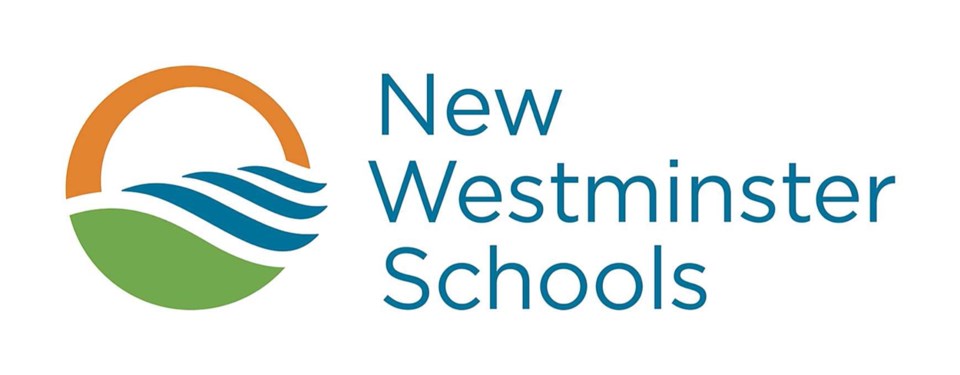School board trustees are applauding an “unprecedented” operating budget for the 2018/19 school year that infuses the district with an additional $1.2 million for learning resources, but the union representing support staff would like to see more money spent on hiring staff.
The New Westminster school district closed out the 2016/17 fiscal year with a surplus of $1.6 million. Of those unrestricted funds, $1.2 million will be spent in the next school year, with the remaining $400,000 set aside for contingency purposes.
“We have just passed a budget that is putting ($1.2 million) of unprecedented learning resources into our budget, into our school system and we’re passing a capital plan where we got funding for the last two remaining seismic projects in our district and we’re doing that all in one year,” trustee Kelly Slade-Kerr said at April’s board of education meeting.
Board chair Mark Gifford agreed.
“We’re really pleased with this year’s budget, both in an ability to make a substantial investment into students, classrooms and teachers to improve the learning environment for all kids in the district. It’s a good place to be,” told the Record.
But not everyone is happy. CUPE 409 president Marcel Marsolais, who represents support staff in the New Westminster school district, said he was disappointed next year’s budget did not include hiring additional support staff.
“We have 45 to 50 less employees, support staff, than we did in 2013. Most of our support staff, whether it be education assistants, custodians or clerical and even maintenance, are dealing with unreasonable workloads, and they take pride in their work,” Marsolais told the Record.
He would also like to see a 35-hour work week become the standard for support staff jobs in the New Westminster school district. He said it’s hard to attract workers when jobs available range from 10 to 30 hours per week.
With bargaining around the corner, Marsolais said CUPE 409 will be fighting for more hours.
Gifford said he understands Marsolais’ concerns, but argued, in some cases, a 35-hour work week just doesn’t make sense. Noon-hour supervisors, for example, don’t work 35 hours a week, he added.
“Marcel is doing his job,” he said. “Marcel needs to fight for his membership, and hopefully that can be done in a way that’s productive and with facts.”
As for CUPE 409’s lost positions, Gifford argued the district has hired since 2013 and now has 95 full-time equivalent (FTE) positions compared to 82 FTE in 2013.
“Certainly there was some cuts in 2013/14 under the previous board to try to deal with the massive deficit they’d run, and it required them to make some substantial cuts,” he said, adding from “an hours standpoint and an FTE standpoint, we’re up.
“The work that all our staff is doing is critical, and we’re trying to create a supportive environment for staff to do their best and bring their best to the work and we’ve been pleased with what we’ve been able to invest, both back into the classrooms and the district as a whole – particularly through this year’s budget,” Gifford added.
Budget highlights:
- $400,000 for resources to help implement the re-designed curriculum
- $160,000 for staff training and support
- $300,000 for three full-time equivalent (FTE) teaching positions to help teachers transition to the new, inquiry- and project-based curriculum
- $50,000 for a new teacher mentorship pilot program
- $100,000 for new classroom furniture
- $25,000 for a 0.2 FTE teaching position for the district’s sexual orientation and gender identity policy
- $100,000 to implement a transition teacher/coach
- $15,000 to support student voices from the secondary and alternate schools
- $50,000 to support start-up costs for a district-wide nourishment program



